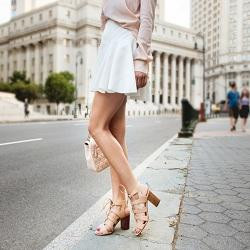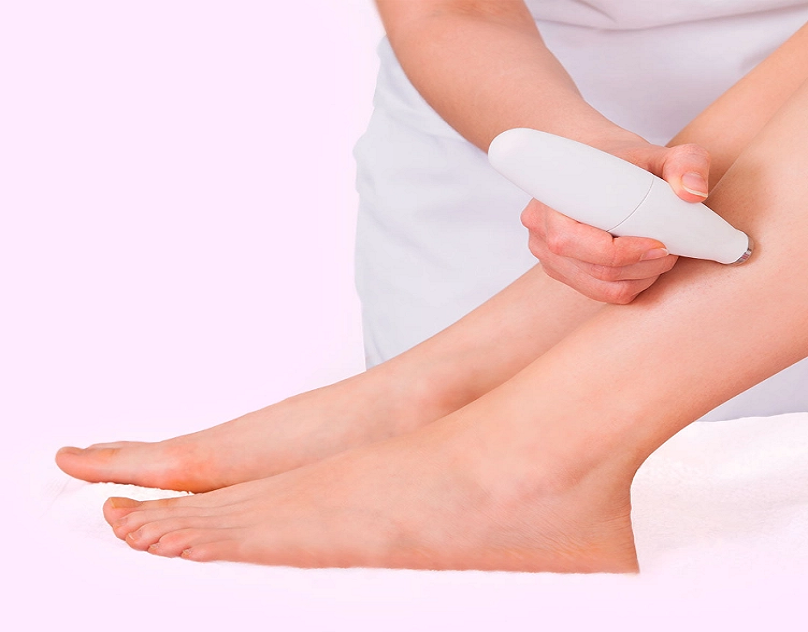What are the differences between varicose veins and spider veins?
Spider and varicose veins are both venous diseases caused by weakened blood cells. Both disorders are similar and cause pain and, when left untreated, can cause severe damage to your health. They mostly appear on your legs because of a lot of standing or sitting in one position. They show unpleasant changes in the appearance of your legs and feet and result differently in your health.
Many mistake "varicose veins" and "spider veins" for the same disease. Still, they are two different vein disorders that can affect your body differently.
Difference Between Varicose Veins and Spider Veins
Spider veins are primarily cosmetic changes, and varicose veins can cause pain, swelling, and discomfort and may risk your health. Visit your doctor or specialist for treatment options for both conditions, enhancing your appearance and safeguarding your health from these diseases.
Both vein diseases are dark blue, red, or even purple. They can spread across your legs and feet and make you feel self-conscious and lose confidence about your bodily appearance, especially women, preventing them from wearing shorts, sandals, swimsuits, or other revealing attire that can make them uncomfortable because of those veins.
However, spider veins are a cosmetic concern that can be treated easily. Still, varicose veins can reveal more severe underlying medical issues.
Some factors about varicose and spider veins:
Varicose Veins
Varicose veins appear mainly in the legs, feet, and ankles. They are large, twisted blue and purple veins that can be seen under the skin's surface. Large varicose veins can cause pain and discomfort and may disturb your sleep and daily work by causing aches and tingling pain in the legs, ankles, and feet.
Varicose veins cause the blood within the leg's veins to pool and cause pain, restricting it from running back to the heart or other areas in the body and causing several severe health ailments, including blood clots, skin ulcers, and deep vein thrombosis (DVT).
In addition to underlying health conditions and the threat of varicose veins can be hereditary factors, changes in hormone levels, such as pregnancy or aging, a job that requires spending hours standing or sitting for an extended period, living an inactive lifestyle, and having problems with weight gain.
Spider Veins
Spider veins are small in appearance and form clusters of little blood vessels that grow very close to the skin's surface. They mostly appear on the face and legs; they have red, blue, or purple veins that seem like a web in the skin, in twirling and twisted form.
They are easily visible on the skin as they are very close to their surface.
Unlike varicose veins, spider veins are smaller lines with a branch-like structure just under the skin's surface. While spider veins are not dangerous but can cause venous insufficiency. Spider veins can also appear, just like the reason for varicose veins, weight gain, and standing and sitting for hours make spider veins more likely to emerge.
Spider veins are not dangerous, can be treated, not causing health issues, and do not turn into varicose veins.
What Type of Doctor Treats Varicose Veins and spider veins? Physicians such as phlebologists, cardiologists, dermatologists, plastic surgeons, and even general surgeons can help you treat varicose veins and spider veins.
Conclusion:
It is necessary to treat varicose and spider veins as they can cause other severe health issues if not treated. Talk to your doctor and discuss your vein condition.
Article Source : https://www.techsmarttips.com/what-are-the-differences-between-varicose-veins-and-spider-veins/


Comments
Post a Comment